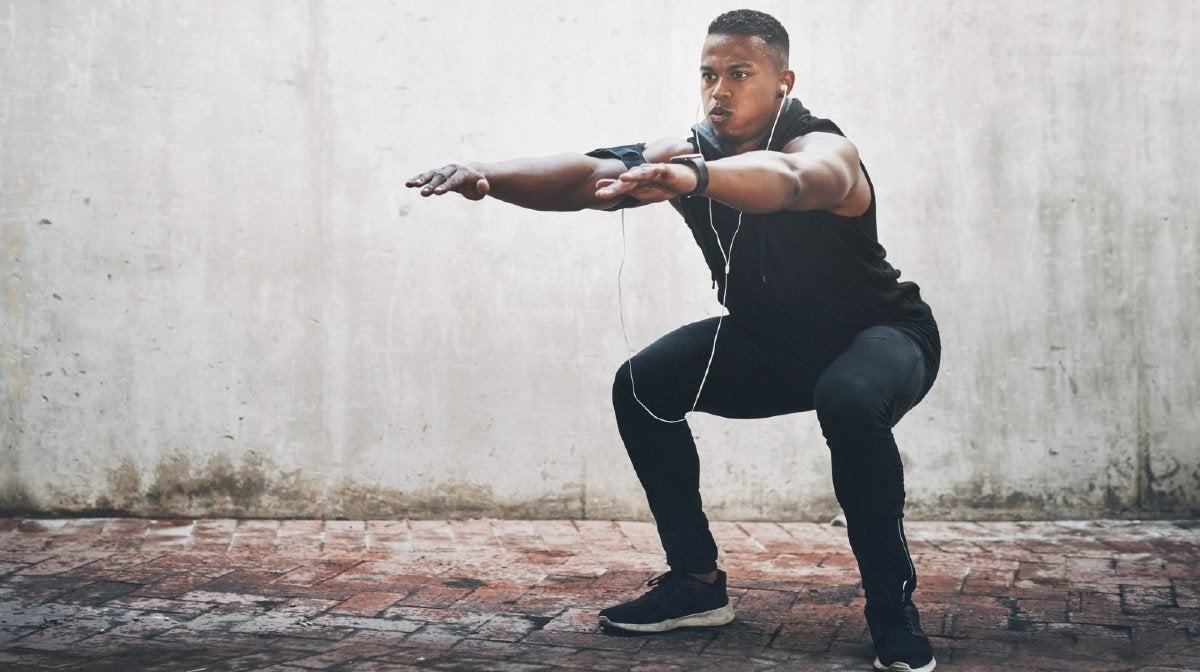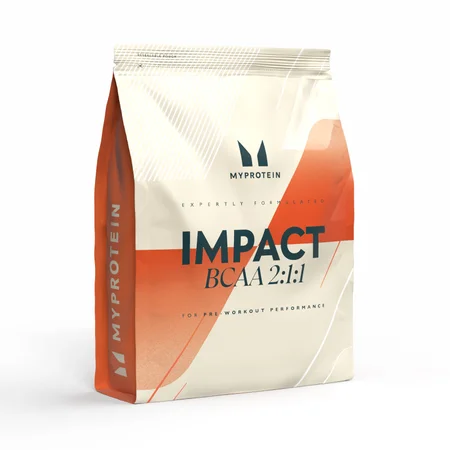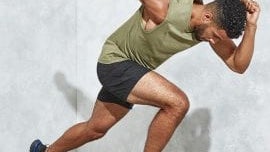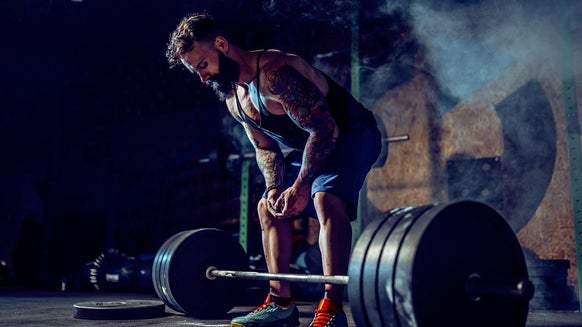Full-Body Workout | 10 Equipment-Free Exercises

A full-body workout is one of the most effective weapons in your arsenal. Working the whole body in one workout is intense and using supersets means you can get a lot done in a short period. This makes the full-body workout one of the best approaches, especially if you don’t have access to a gym.
Another advantage of a full-body workout is you can hit multiple body parts and systems multiple times a week. Without access to significant amounts of equipment, the recovery time between sessions will be faster – so the following workout can be done upwards of three times a week.
Full-Body Workout
B odyweight Squat
The bodyweight squat targets all the major muscles of the legs and core, especially the quadriceps and glutes. As you don’t have a heavy barbell on your back you don’t engage the stabiliser muscles of the core as much, so it’s important to focus on the legs as much as possible, and prioritise the core in later exercises.
Start with your feet slightly wider than shoulder-width, you may also like to have your hands placed across your chest. Squat down deep into the squat position and rise to a half squat. Dropdown again into the squat position and stand up straight. Now perform the top half of the movement by squatting into a half squat and then standing straight. Now perform one full squat rep, all the way down and back up. This is one rep. It sounds more complicated than it is, but it helps to think of it as ‘bottom-half, top-half, full’.
Perform 8 – 10 reps and then go straight into the next exercise. Four sets total.
P ress up
The chest, triceps and front deltoids get a decent workout from the humble press up. It’s a good idea to get the press-ups in early during this workout and superset with the bodyweight squats. Hit them together and keep it intense.
Start in the press-up position. Lower your chest to the floor without touching it. Now, push off the ground to lockout. Repeat and add in half reps for more of a challenge. If it is still too easy you could get a backpack and fill it with books to add some extra weight if you don’t have any weights at home
Sets and reps:
Perform 6 – 8 reps and rest for 60 seconds before going back to exercise one. Four sets total.
Walking Lunges
If you’re looking to build lower body strength, lunges are one of the best exercises you can add to your workout. The motion in the walking lunge is key. Rather than staying stationary, like in the traditional lunge, you push forward from the back leg and pull forward from the front leg — creating the walking motion.
Walking lunges strengthen the leg muscles as well as the core, hips, and glutes and can be made more challenging by adding weights.
Stand upright, feet together, and take a big lunge forward with your right leg, lowering your hips toward the floor. Bend both knees to 90-degree angles. The back knee should point toward but not touch the floor, and your front knee should be directly over the ankle. Power form this position and continue through until the opposite leg is now forward lunging. Keep the core tight and upper body stable and upright. Put your hands-on-hips or above your head for some added difficulty.
Perform 8 reps and go to the next exercise. 4 sets total.
Y ’s and W’s
Targets all the major muscles of the shoulders, and the smaller connector muscles that often get overlooked such as the rotator cuff. The rhomboids and lats also get attention with the Y’s and W’s
- Lie flat on your stomach and your back slightly arched to raise your chest off the ground.
- Bend your elbows into your body and point your hands over your shoulders. This is the starting position.
- Lock your arms out over your shoulders forming a ‘Y’ shape with your body.
- Bend your elbows into your body and make a moving ‘W’ gesture in the same fashion.
This is one rep.
Perform 15 reps and rest for 60 seconds, then go back to the previous exercise. 4 sets total.
S upermans
This is great for the upper and middle back region, including the spinal stabiliser muscles, making superman’s an effective core exercise. You can experiment with reps or hold and time like a plank – get creative.
How To:
On your stomach, place your hands outstretched in front of you approximately shoulder-width apart. Lock your legs, point your feet and hold them out the same fashion behind you, keeping contact with the ground shoulder-width apart. Engage your glutes and contract your shoulders to raise your legs and hands off the floor. Relax to return them to the starting position.
Perform 10 reps for four sets in total.
Single leg glute bridge
Targets the glutes and hamstrings whilst also hitting the lower back and core muscles. Contractions should be held with maximum intent to make up for a lack of loading.
Lie on your back and place one foot on the ground with your knee bent. The other leg should be straight out, toes pointed. Push your foot into the ground to raise yourself; your shoulders and foot should be your only points of contact with the floor. Hold this position.
Hold for ten seconds with maximum contraction. You may place your foot further out the side for ten seconds, bring it closer to the midline and repeat, and then inside the midline and repeat before changing to the other foot. Go straight to the next exercise.
Decline press-up
The decline press-up further modifies the conventional press-up to emphasise the upper chest and shoulders. The added difficulty to the movement makes this exercise even better for all-round upper body strength.
How to:
Get in the press-up position with your feet on a raised platform such as a sofa or bench. Slowly lower yourself to the floor keeping your back straight. Push off and lockout the triceps to complete the rep.
Sets and reps:
Max reps – go to failure and rest for 60 seconds before returning to the previous exercise. Three sets of each.
Planks
Targets all the major core muscles, including those in the lower back. You can wear a loaded backpack to make these more difficult.
How to:
- Lay on the floor with your stomach facing the ground.
- Have your weight on your elbows and feet.
Keep the core engaged.
Perform one minute on, one minute off for three sets.
Heel taps
Hits all the major core muscles with a specific emphasis on the serratus and obliques. Adds some dynamic movement to your workout.
Lay on your back with your knees bent, feet together and tucked up close to your glutes. Engage the core to raise your torso from the ground. Contract your obliques to touch your left heel with your left hand. Quickly repeat for the other side and so on.
Full-body workout finisher
Combine burpees and high knees to finish up with a ten-minute cardio blast that raises your pulse and trains your work capacity.
Perform ten burpees then high knees on the spot for 15 seconds. Repeat with 9 burpees and another 15 seconds on the spot, then 8, 7, 6… etc until you get to one.
Take-Home Message
So, there you have it; a full-body workout that can be hit with maximum intensity and completed within 30-40 minutes, no equipment necessary. Remember, there is no ‘one size fits all’ in fitness - You can play around with the intensity and duration and figure out what works for you. Being able to achieve your fitness goals no matter where you are is a powerful tool. Ultimately this article provides a solid blueprint for fashioning your full-body workout and by following the principles set out here you won’t go far wrong.










